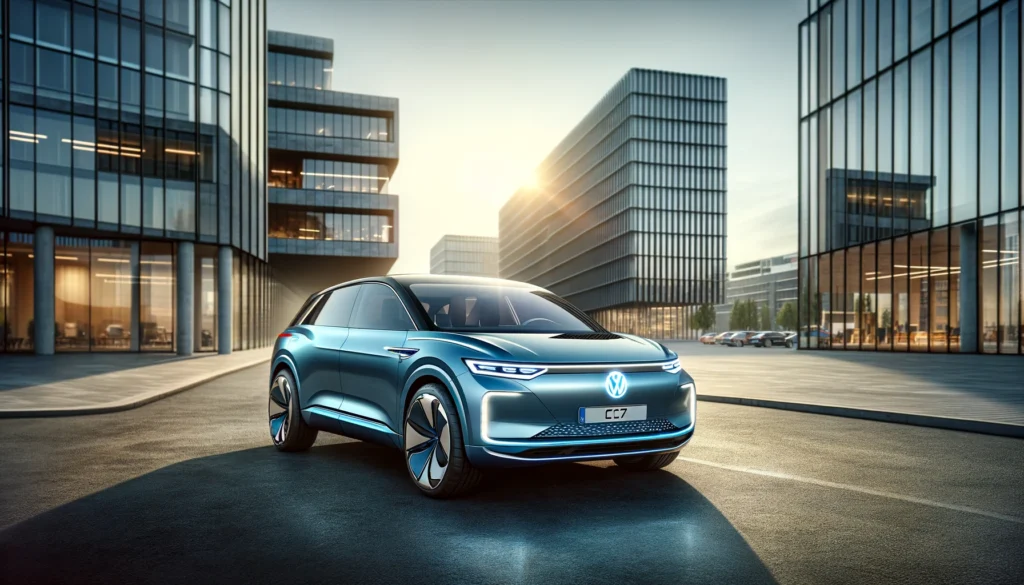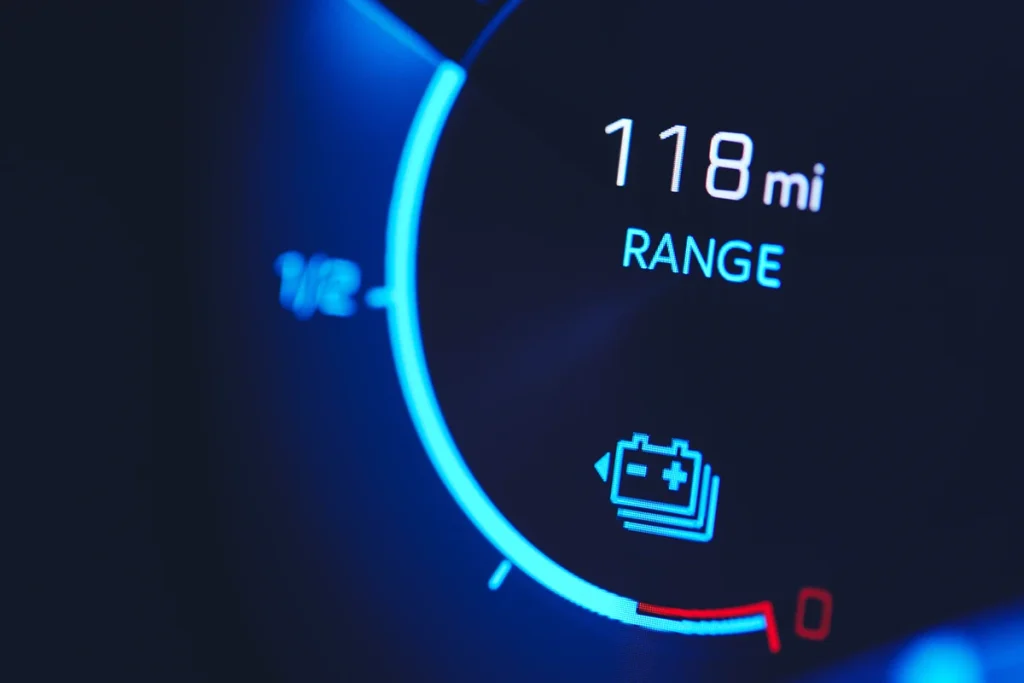In an era where electric vehicles (EVs) are becoming increasingly prevalent, Volkswagen stands out with its bold announcement of potentially launching an affordable EV priced around $22,000 by the latter part of the decade. This groundbreaking move, revealed by Volkswagen CEO Oliver Blume, aims to make electric mobility accessible to a broader audience. The key to achieving this price point lies in reducing battery costs, a goal Volkswagen is actively pursuing through its development of unified battery cells.
New Volkswagen EV Cells Production Date Estimate
Introduced during Volkswagen’s Power Day in 2021, these new battery cells are expected to halve current battery costs and will be adaptable for up to 80% of all VW Group EV models. The production of these cells is slated to begin in 2025 at Volkswagen’s factory in Salzgitter, with an eventual goal of reaching an annual capacity of 40 GWh, sufficient for powering around 500,000 vehicles.
Volkswagen’s foray into affordable EVs doesn’t stop there. The company has also unveiled plans for its most cost-effective EV to date – the ID 2all concept. Starting at under €25,000 (approximately $27K), this vehicle promises up to 450 km (279 miles) of range. The production version of the ID 2all is set to be introduced in Europe in 2025 and will be one of ten new models launched by 2026.
An Even More Affordable EV: Volkswagen ID1
Simultaneously, Volkswagen is working on an even more affordable EV, potentially called the ID 1, which might be priced under $22K. This model is expected to be the smallest and most economical electric model in VW’s lineup, comparable in size to the gas-powered Polo. It is anticipated to share components with the ID 2all, offering battery options ranging from 38 kWh to 58 kWh.
In addition to these developments, the company is also addressing the needs of consumers who may not have the opportunity to install a home charging station. The ID 2all will feature fast charging capabilities, achieving a charge from 10% to 80% in just 20 minutes. However, specific details on this model are still forthcoming.
Volkswagen’s initiative is part of a broader trend among automakers to introduce more affordable electric vehicles. Stellantis-owned Citroen, for instance, has unveiled its C3 electric city car, starting at around $24,500, with a more affordable version expected in 2025. Similarly, Renault’s subsidiary, Amphere, is teasing an upcoming EV, the Legend, with starting prices under €20,000
Final Thoughts
Volkswagen’s plan to introduce an affordable $22K electric vehicle by 2025 marks a significant step towards making electric mobility accessible to a wider audience. This initiative, coupled with advancements in battery technology and increased production capacity, reflects a larger industry trend towards more economically viable electric vehicles. As EV technology becomes more widespread and cost-effective, it paves the way for a more sustainable and eco-friendly future in transportation, bringing the dream of electric mobility within reach for many consumers around the world.


